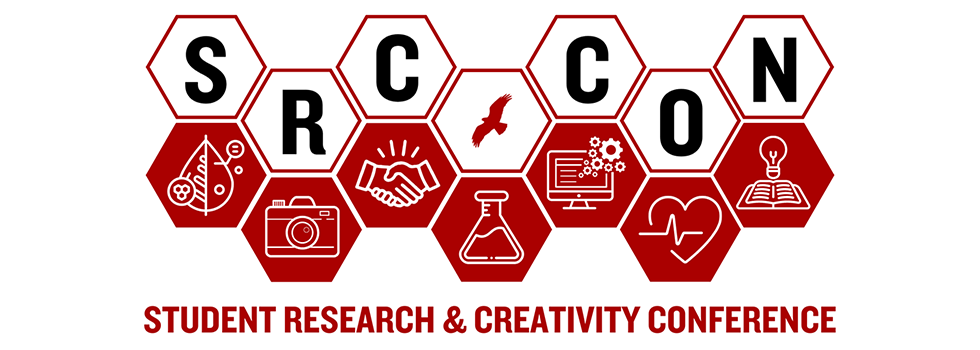Commodifying Human Rights: Privatizing Water in Chile and the Effects on Rural and Indigenous Communities
Faculty Information
Robert Andolina | Course: INST 4960 | Project-in-progress
Presentation Type
Individual
Presentation Format
Oral presentation
Start Date
10-5-2024 2:00 PM
End Date
10-5-2024 3:00 PM
Abstract or artist statement
This paper explores the harm caused to minority populations due to the privatization of water resources in Chile. Indigenous and rural populations represent the main stakeholders disadvantaged by the unequal access to water through the purchasing of water rights and setting prices. Effects of privatized water on indigenous and rural populations is explored through an analysis of the history of the Chilean water system in conjunction with current events that portray the lived experiences of Chilean citizens. While may arguments for the continued privatization of water correctly point our the abundant access to water in urban areas within the country, this presentation explores how access to water for commercial or public purposes does not recognize the importance of water as a cultural resources not only for indigenous communities but also for generations of farming communities as well. Recommendations to eliminate the harm caused by the privatization of water revolve around strengthening of indigenous land rights and more rigid laws that require private companies to recognize and practice the human right to water through fair prices and shared wealth.
Keywords: Water privatization, Chile, rural communities, indigenous communities, water equity
Commodifying Human Rights: Privatizing Water in Chile and the Effects on Rural and Indigenous Communities
This paper explores the harm caused to minority populations due to the privatization of water resources in Chile. Indigenous and rural populations represent the main stakeholders disadvantaged by the unequal access to water through the purchasing of water rights and setting prices. Effects of privatized water on indigenous and rural populations is explored through an analysis of the history of the Chilean water system in conjunction with current events that portray the lived experiences of Chilean citizens. While may arguments for the continued privatization of water correctly point our the abundant access to water in urban areas within the country, this presentation explores how access to water for commercial or public purposes does not recognize the importance of water as a cultural resources not only for indigenous communities but also for generations of farming communities as well. Recommendations to eliminate the harm caused by the privatization of water revolve around strengthening of indigenous land rights and more rigid laws that require private companies to recognize and practice the human right to water through fair prices and shared wealth.
Keywords: Water privatization, Chile, rural communities, indigenous communities, water equity

